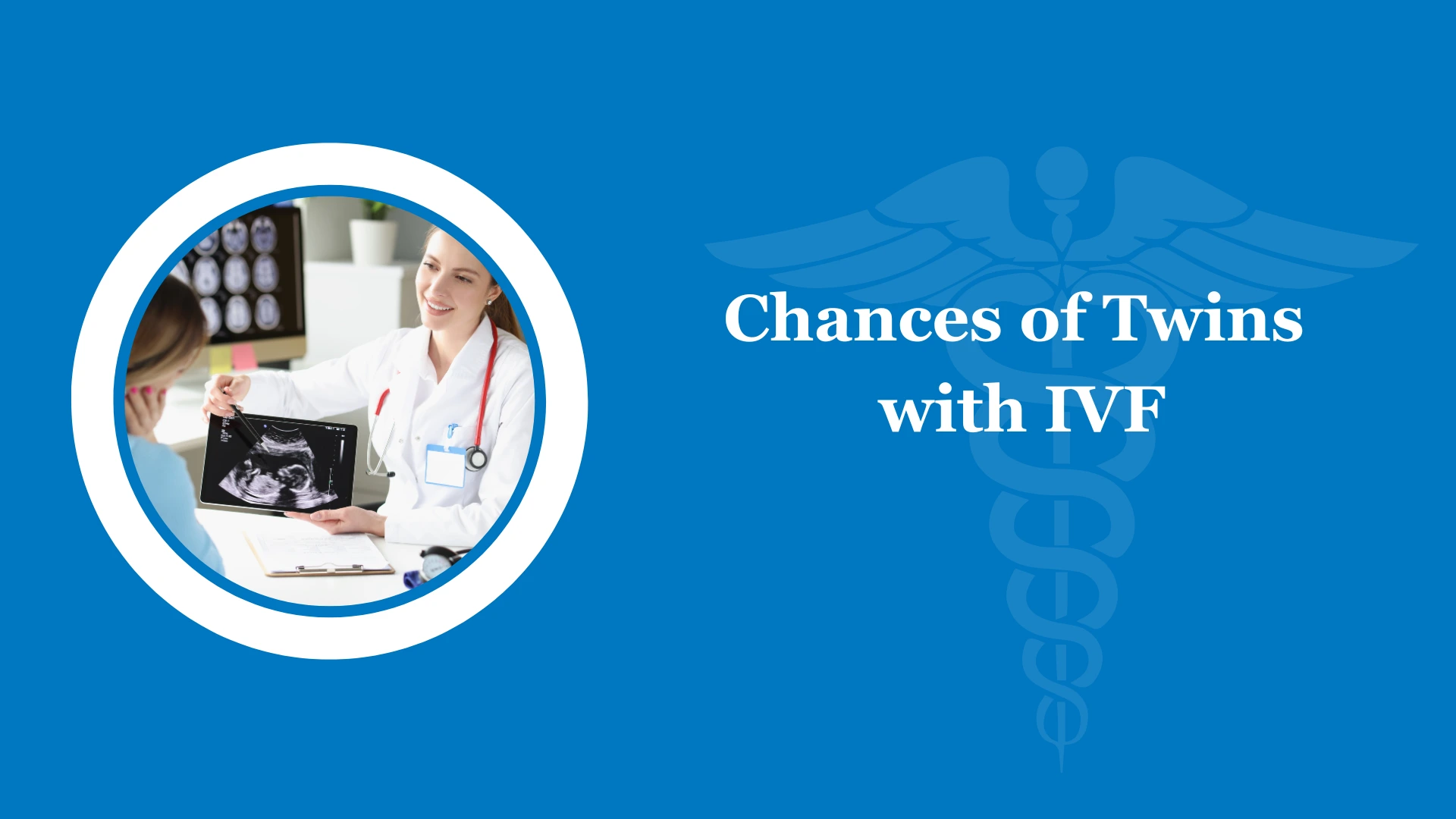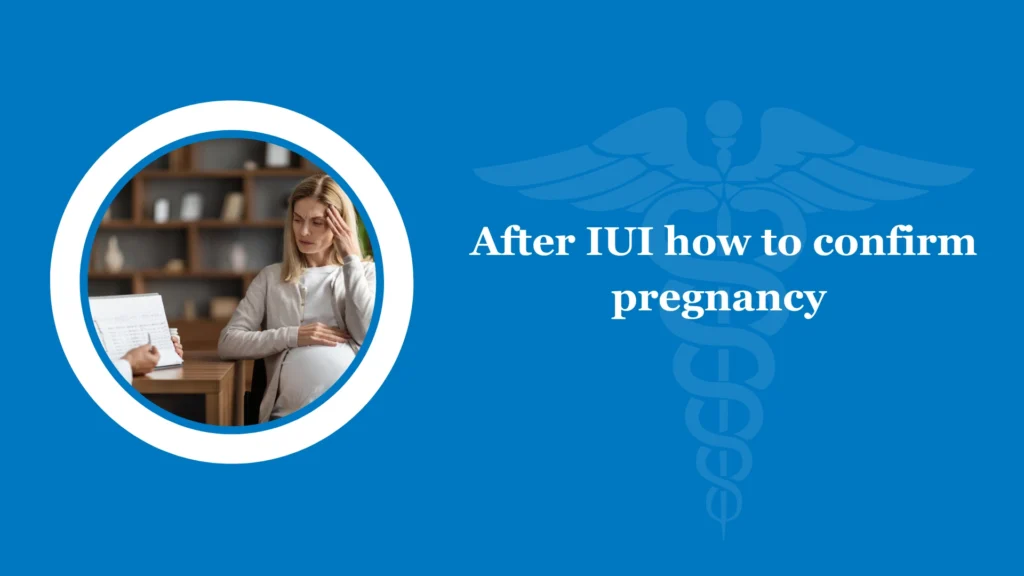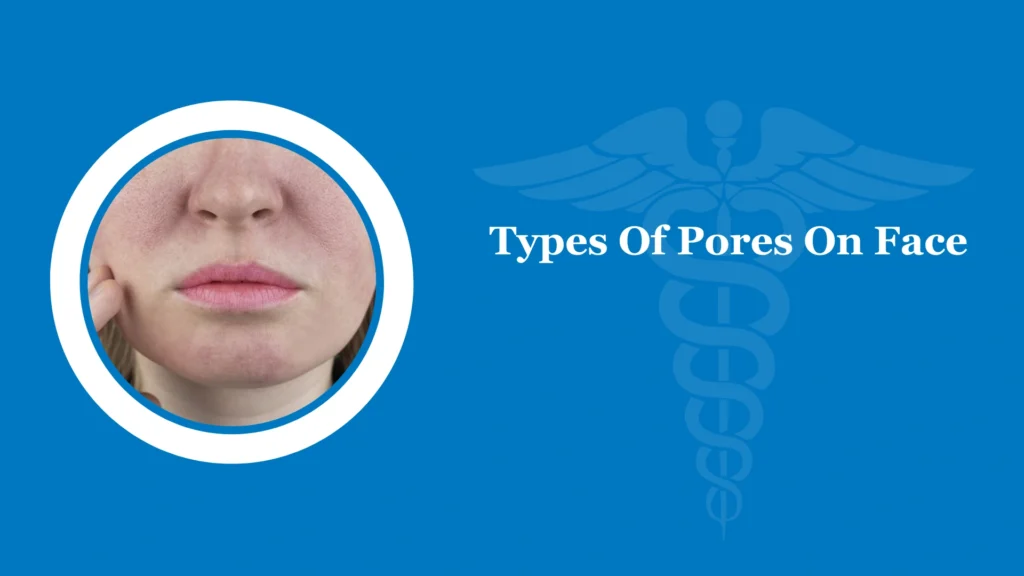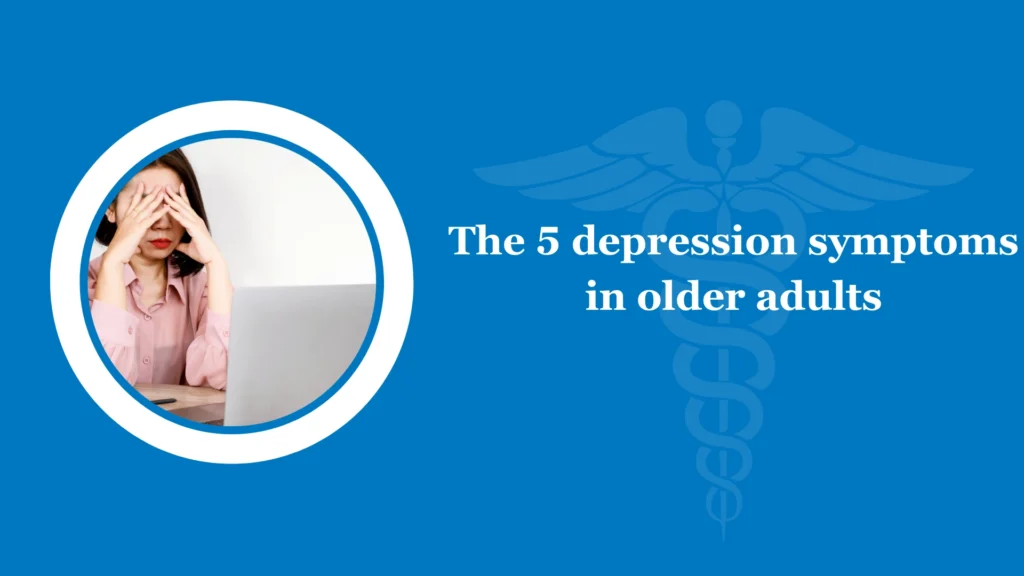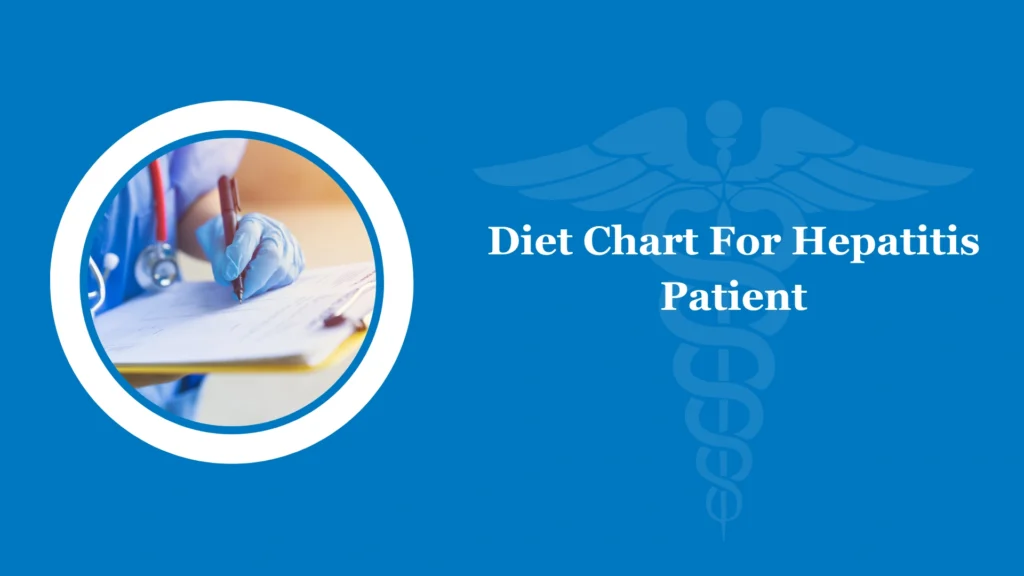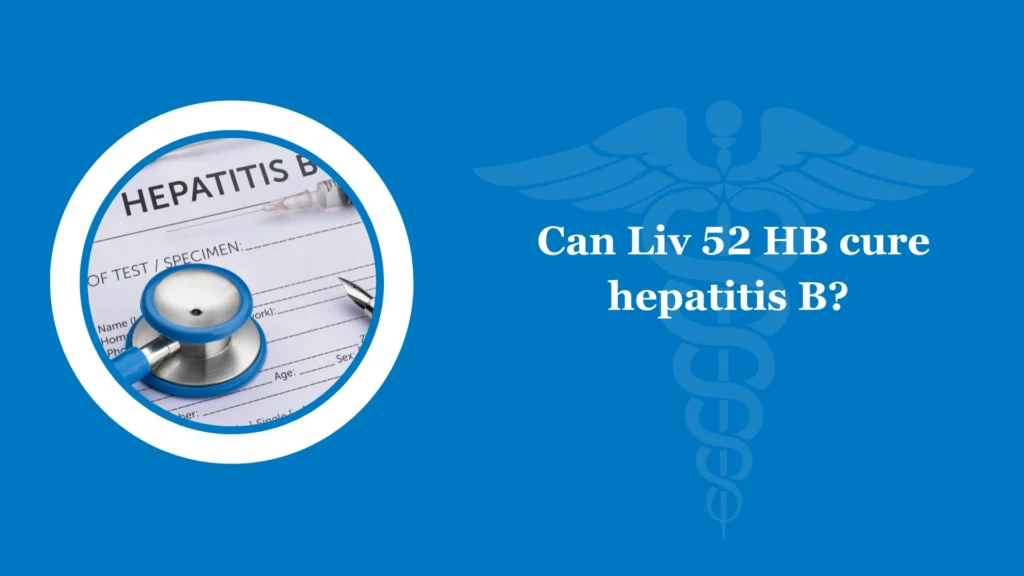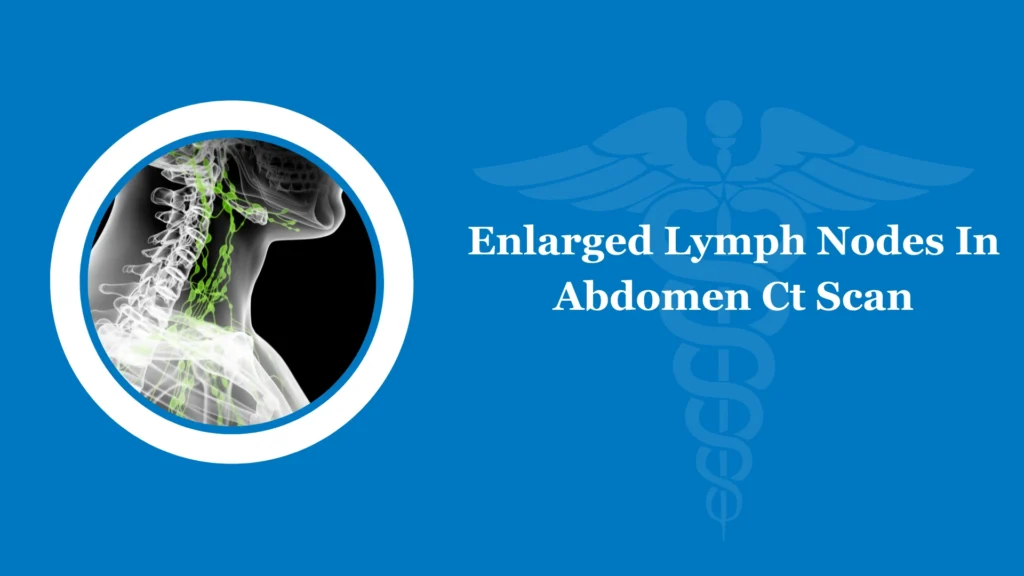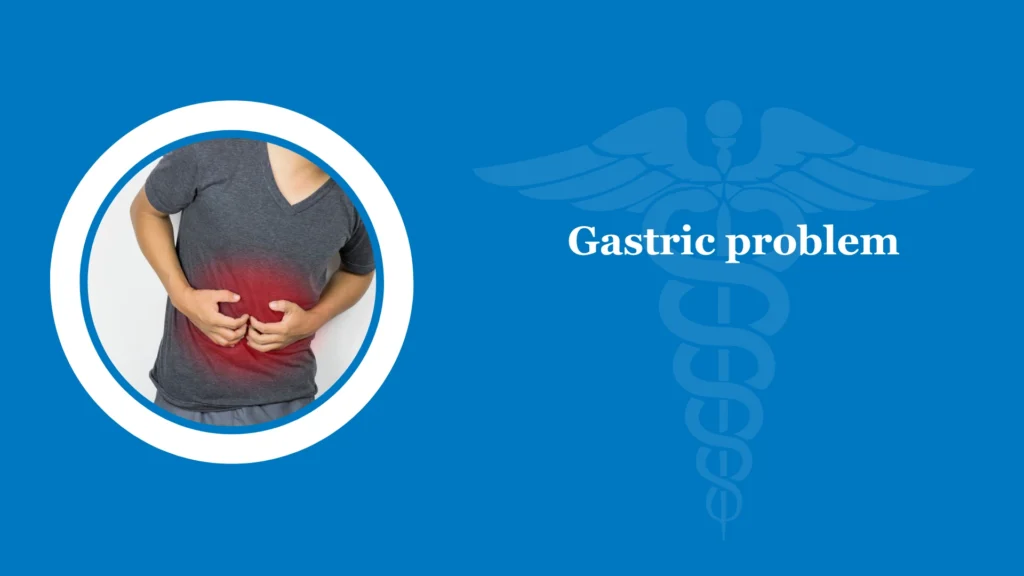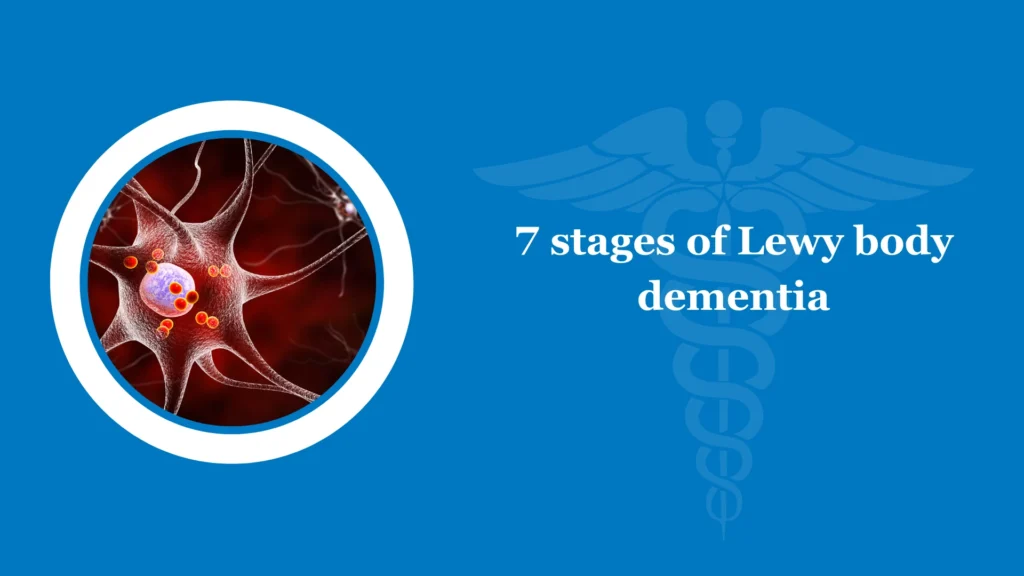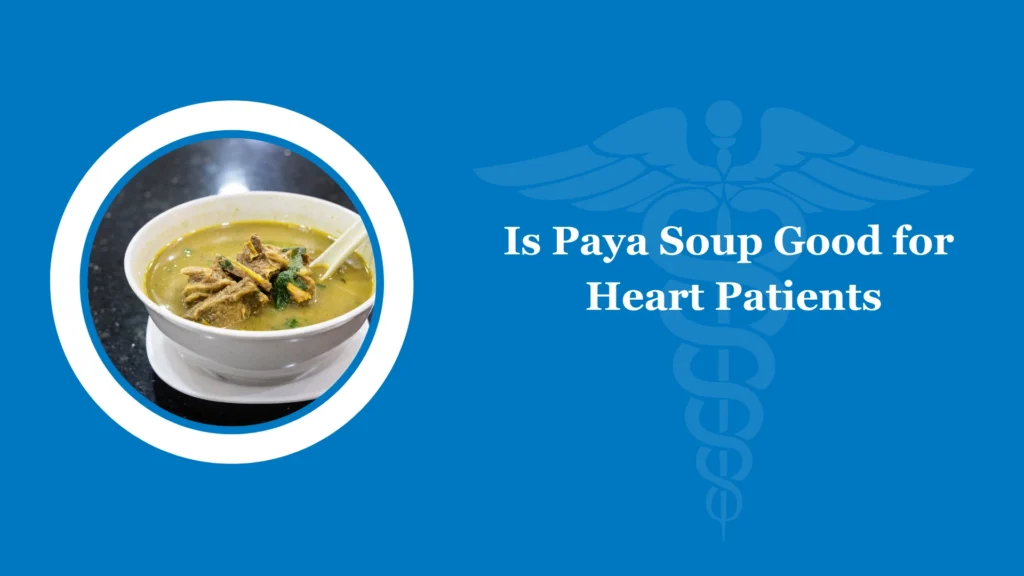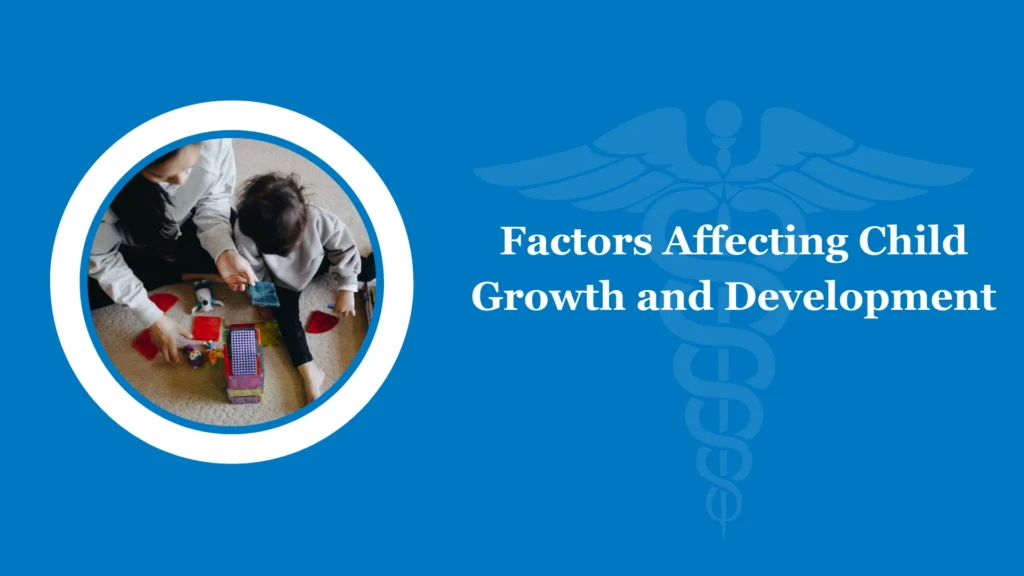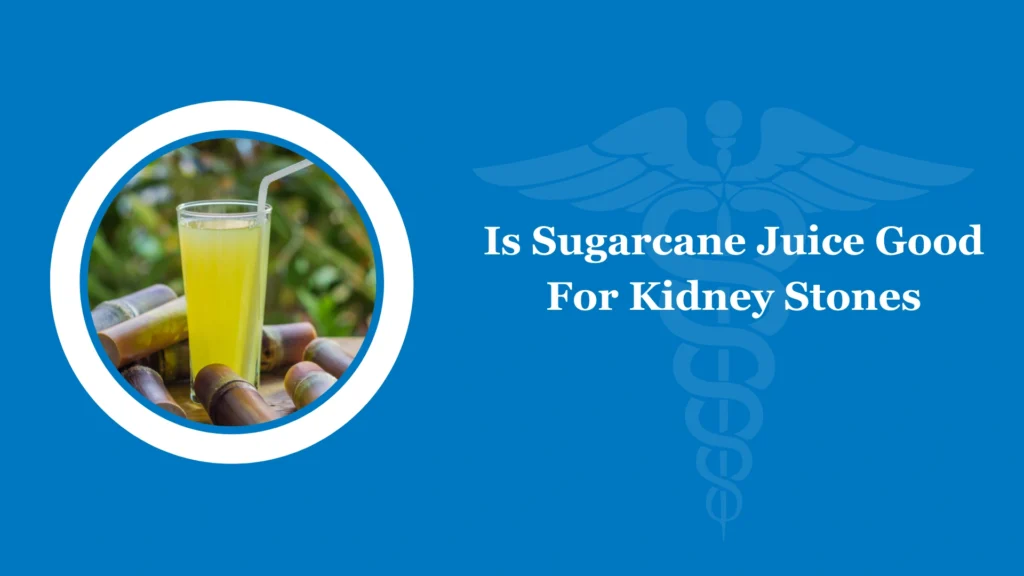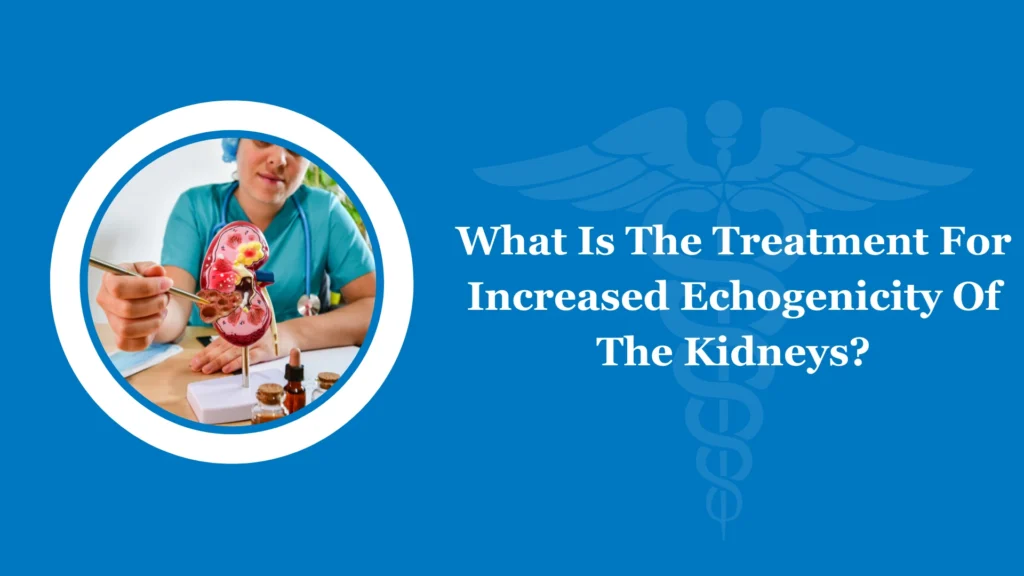Fertility treatment is more than a blessing for couples around the world eager to experience parenthood. This medical process increases the chances of getting pregnant naturally. Here, having a twin pregnancy is measurable.
A twin baby is more common nowadays than in the past. The number of twin pregnancies has increased over the last 40 years, and one of the major reasons behind this is IVF treatment. Thanks to medical advancements for treating infertility issues with doubled happiness. Nearly 25% of women have the possibility of having twins.
In this comprehensive article, we will explore the details of getting twins through IVF.
Does IVF increase your chances of Having Twins?
The simple and direct answer to this question is “no.” IVF doesn’t increase the chances of getting a twin pregnancy. During the IVF cycle, multiple embryos are transferred in the hope of increasing the success rate. However, the reason behind it is that many embryos have chromosomal abnormalities that are not actually viable.
Placing two or more embryos in the uterus may help at least one to survive and increase the pregnancy rate. The surprising fact here is that each embryo has the potential to become twins. Yet the rate of possibility is rare and not common.
How Twin Pregnancy Can Happen in IVF?
Twin pregnancy can happen when that one surviving embryo in the uterus is split into two zygotes; this is called monozygotic twins. Dizygotic twins are another reason for twin pregnancy. It is a result of two separate eggs transferring two or more embryos into the uterus.
Complications of Having a Twin Pregnancy
Generally, a woman’s womb is capable of carrying a single healthy baby. When they have the chance of getting pregnant with twins, triplets, or quadruplets, it is quite complicated for both the mother and the babies. Now let’s see whether the IVF treatment has such birth risks:
Premature Birth
A normal pregnancy journey for a woman is 40 weeks, in the case of IVF, it would be 38 weeks. According to the research, 60% of women with twin babies are born premature, and 10 to 15% of women gave birth even before 32 weeks of pregnancy. Premature delivery tends to meet with so many critical issues for the child, such as problems with weight gain, lung issues, a lack of immunity, and unregulated body temperatures
Low Birth Weight
WHO (World Health Organization) says that a healthy newborn baby weighs 2.5 kilograms and more. A weight lower than 2.5 kilograms is considered as low birth weight and unhealthy. It is more likely to encounter troubles like heart, breathing, vision, and hearing issues. Unfortunately, 50% of IVF twin babies are born with a lower body weight.
Birth Defects
Twin pregnancies may seem happy while looking from a long-distance. It poses the child with a number of risk factors, including Down syndrome, spina bifida, heart problems, and cleft palate development
Pre-eclampsia
It is one kind of disorder that a woman with a twin pregnancy needs to undergo conditions like a higher range of protein in urine, body swelling, and high blood pressure. Other than these, both the mother and the babies may have many serious health concerns.
Gestational Diabetes
It is a very common type of diabetes that occurs in pregnant women. But going beyond a certain range may cause defects in you and your baby. The increase in blood sugar level tremendously affects the health of the babies, causing things like jaundice, breathing issues, feeding problems, and seizures
Intrauterine Growth Restriction (IUGR)
IUGR is a condition mentioned when one or both babies are not growing well in a twin pregnancy. It may be prone to uncovering many health crises for the mother and the babies.
How to Avoid Twins in IVF?
The only possible way to avoid getting pregnant with twin babies is by transferring a single embryo during IVF practice. You may think that implanting multiple embryos only increases the chances of a successful pregnancy.
But well-known international organizations like the American Society for Reproductive Medicine (ASRM) and the Society for Assisted Reproductive Technology (SART) suggest single embryo transfer.
Luckily, the single embryo transfer also provides successful pregnancy results if the candidate is:
- Younger in age or mid-30s
- Have not undergone IVF treatment before.
- Ovulate healthy eggs.
- A healthy uterus with no critical health issues
The situation may be anything, but getting a formal consultation with your fertility expert is significant. If you are old, have already had IVF treatment, or have poor-quality eggs, consulting experts can fix them early
IVF Twins Rate
Research states that 25–30% of twin pregnancies are registered when two embryos are transferred. This rate is not fixed, and it may vary based on several factors, including the health condition and age, the quality of the embryos, and specific IVF practices in the fertility clinic.
Conclusion
Twin babies in IVF treatment are purely uncommon. The state of the embryo in the uterus is unpredictable, and it may or may not split into two zygotes. Frankly saying that a twin pregnancy through IVF treatment is risky for both the mother and the babies.
They may need to face a lot of complications, even after delivery. In the end, the primary goal of IVF treatment is to make women capable of carrying a healthy baby with no risk.
FAQs
Does IVF Increase the chances of Twins?
The answer is typically “no.” Transferring two or more embryos may have the possibility of producing twins, but it is less common.
What is the Rate of Twins with one Embryo in IVF?
There is a 1.5% chance of getting pregnant with twin babies when implanting one embryo during IVF treatment. It is named identical twins or monozygotic twins.
What Week are Twins Delivered IVF?
More than half of the twin pregnancies through IVF practices end in preterm delivery (i.e., before 37 weeks). Depending on the health condition of the mother and the babies, the period may vary.
What Types of Twins are More Common with IVF?
Mostly, the twin pregnancies in IVF are dizygotic twins compared with monozygotic twins. However, the monozygotic twins in IVF have increased chances of risk and poor outcomes.
